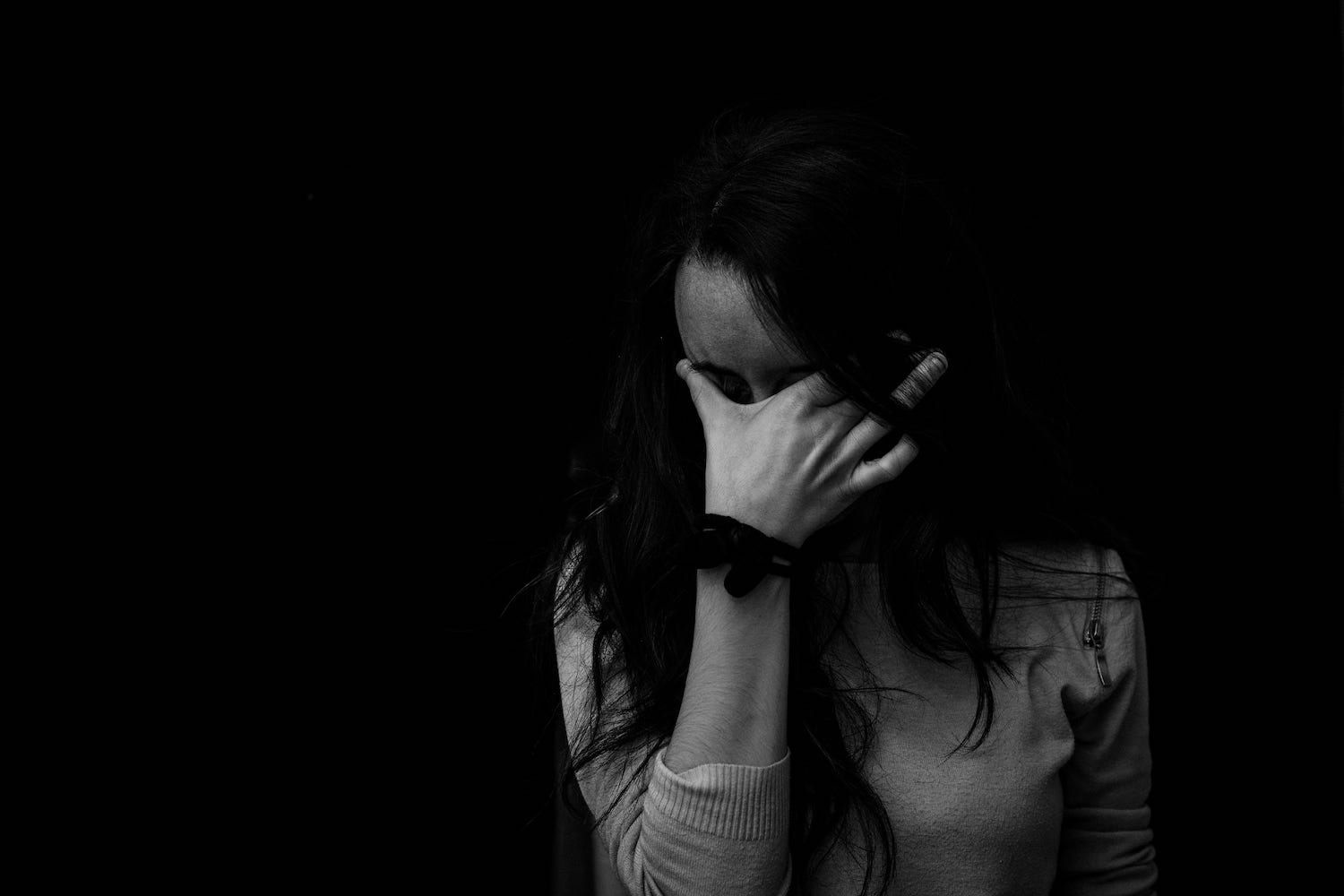Integrating Art & Music Therapy in Women's Addiction Treatment
Drug and alcohol addiction steals your voice. The words dry up and language falters but the pain is still there. For many women in recovery, their healing journey starts not with talking but through creating. Art and music therapy offer something radical: a place to feel without needing to explain. Because sometimes the heart needs color and sound before it can find the words.
Creative Therapies Matter in Recovery
Women carry stories in our bodies—trauma, caregiving, careers, the pressure to look composed when everything’s falling apart. Traditional talk therapy is powerful and helpful but sometimes the necessary words show up late to the party. Creative outlets bypass the traffic jam in the brain and drive straight to the limbic system, where emotions live.
Art Therapy: Painting What Words Can’t Reach
You don’t need to be Frida Kahlo to enjoy art therapy; you just need to be open and honest. A blank canvas might feel terrifying but it’s really just a piece of fabric brimming with possibilities. Maybe you paint the tangled knot that’s been living in your chest. Or you experiment with different hues of the blue that symbolize your emotions lately.
Research shows visual expression lowers cortisol, calms the nervous system, and strengthens new neural pathways. Art = healing.
Music Therapy: Let the Rhythm Hold You Steady
Have you ever heard a song and been instantly transported into a memory or been overwhelmed by an emotion? Music therapy taps that same power. In group or one-on-one sessions, a certified music therapist might guide you to:
- Create a playlist that mirrors the arc of your recovery journey.
- Write simple lyrics to name emotions you’ve been dodging.
- Drum or strum to regulate heartbeat and breathing.
Marrying Creativity with Evidence-Based Care
Expressive therapies aren’t just a bit of woo-woo magic sauce. Art and music weave through CBT, trauma-informed yoga, medication management, and group therapy practices. You paint your grief in the studio, then unpack it with your primary therapist. You write a song about boundary-setting, then practice those boundaries in a family group.
Is Creative Therapy Right for You?
Take a beat and ask yourself a few simple questions:
- Do I shut down when I try to ‘talk it out’?
- Do certain songs crack my armor in a good way?
- Am I curious (maybe even excited) about making something with my hands?
If you're thinking “yes” to any of these, then art and music therapy is probably for you. Give it a chance!
A Compassionate Next Step
You deserve a recovery that speaks your language—even when that language is paint splatters and chord progressions.
When you’re ready, we’re here. Give us a call; someone on the other end (probably with paint on her sleeve) will answer.



